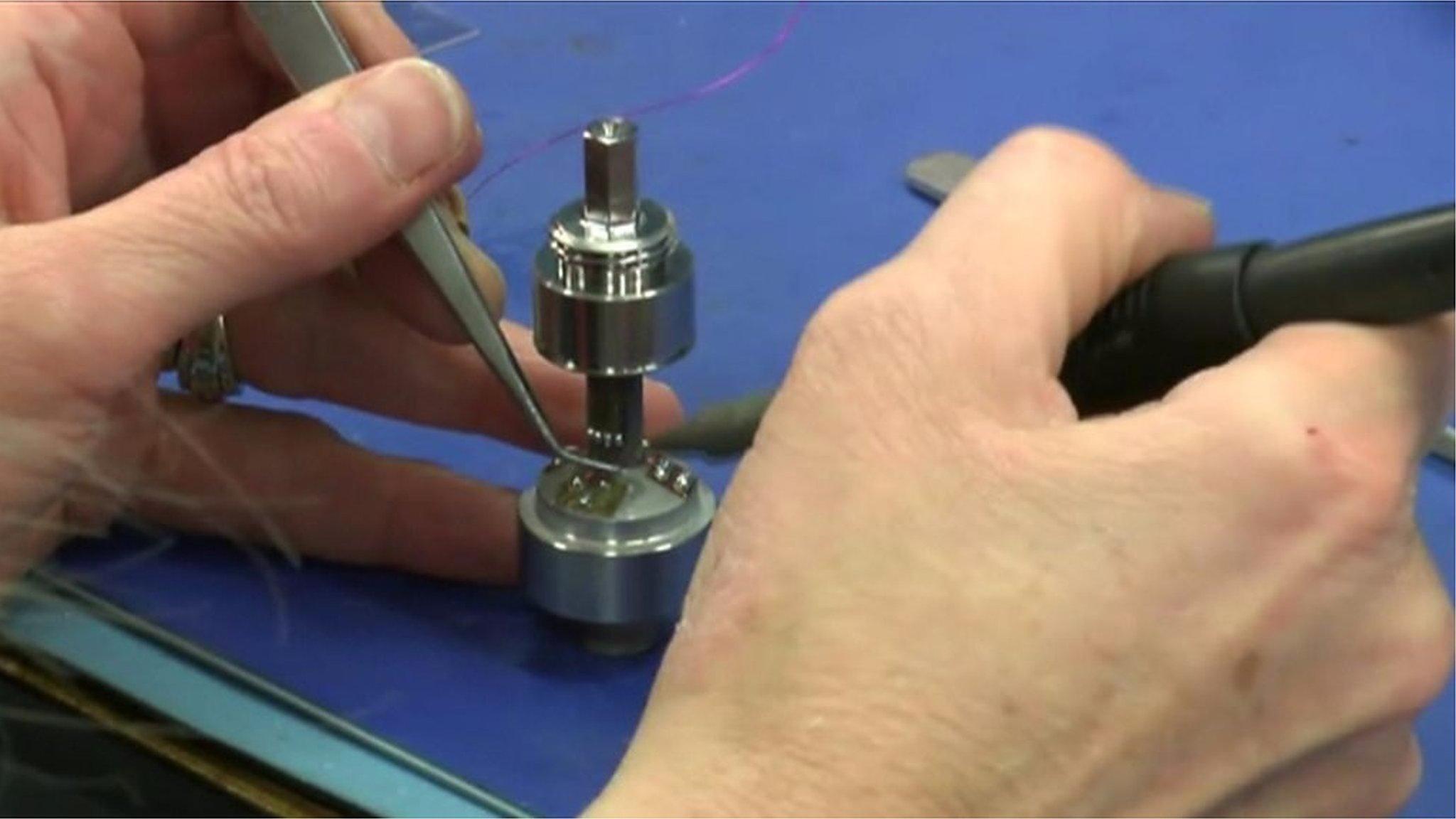Autumn Statement: Views from around the UK
- Published
These are uneasy times for British businesses. While recent data has shown a robust economy, a slowdown in growth is being forecast for next year.
Uncertainty over Brexit has weakened the pound, which has been great for exporters but has made imported goods and raw materials more expensive.
The BBC has been speaking to businesses from across the UK, finding out how their bosses are feeling and what they would like to see from the Autumn Statement on Wednesday, 23 November.

Optimism in Scunthorpe
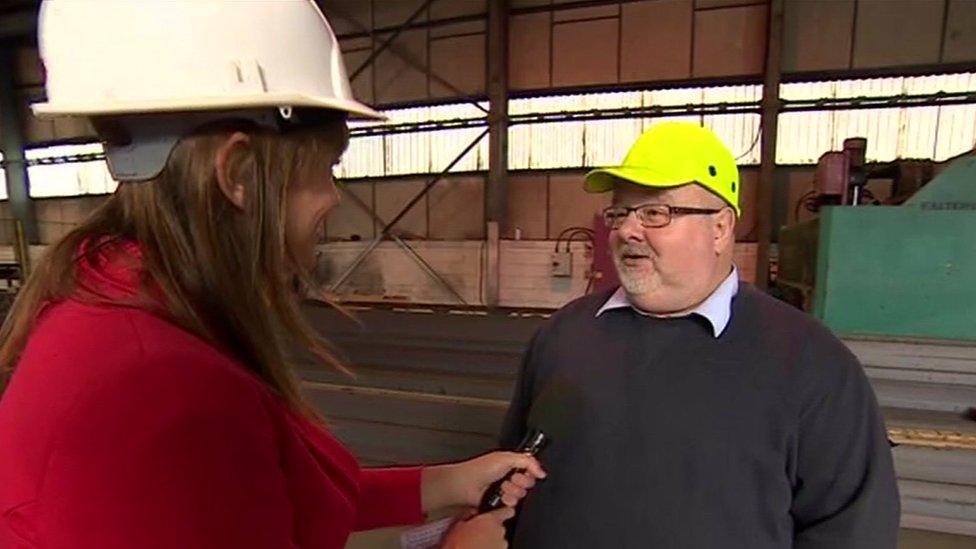
Shay Eddy's steel firm is expanding
In Scunthorpe Shay Eddy, the managing director of SC4 Steel which supplies the construction industry, is feeling optimistic.
"We're certainly in a better position than we were 12 months ago.
"We invested at the bottom of the cycle, we ordered a new machine that's just been commissioned now. We've just committed to another machine and we're looking at expanding and exporting starting January next year."
But like other businesses, he wants to know more about the UK's future relationship with Europe.
"More clarity would be ideal because uncertainty is no good for anybody, but we can't expect the government to tip their hand as to what they are going to be negotiating with," he says.

Exporter angst in Banbury
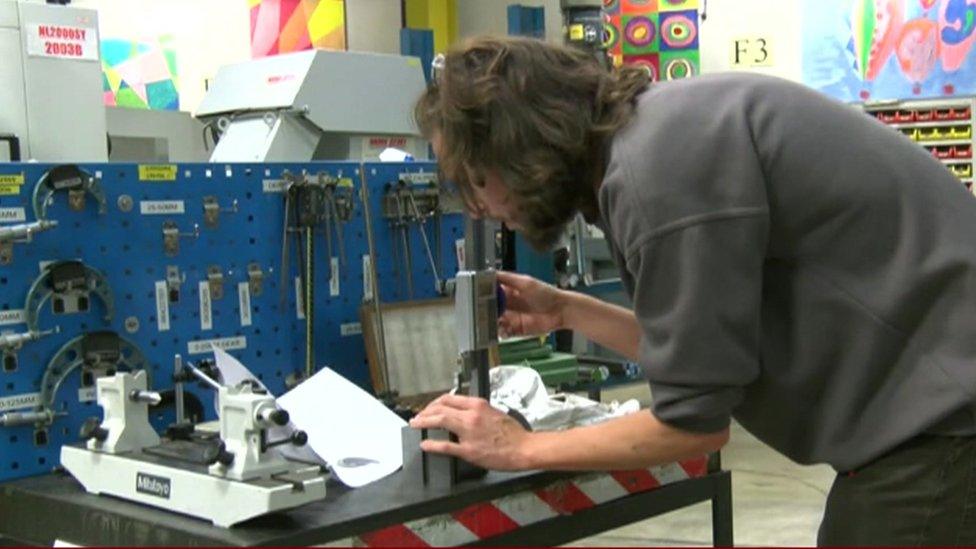
This Banbury tool firm is worried about where skilled staff will come from
Norbar Torque Tools, based in Banbury, is one of Oxfordshire's best known exporters. As 35% of its sales go to mainland Europe the firm is closely watching the Brexit debate.
"The single most important thing for exporting companies like us is that the government negotiates access to the single market on favourable terms," says commercial director Catherine Rohl.
She is also worried about the supply of skilled workers. "It is a concern, particularly here in Banbury where unemployment is very low. And if it is going to be more difficult to recruit from across the EU in future, then that becomes even more difficult."
She says the chancellor can help with that with more support for training, education and apprenticeships in science and engineering subjects.

Worcester - 'more support for R&D'
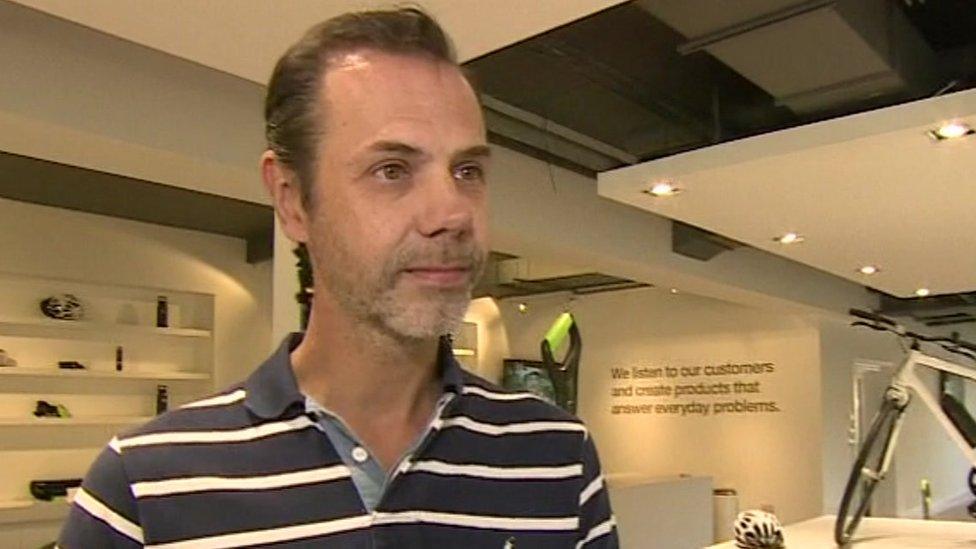
Nick Grey would like extended tax breaks for investment in R&D
Nick Grey is the founder and chief executive of Gtech, a Worcester-based firm that makes cordless vacuum cleaners and garden tools.
He would like the chancellor to support research and development by extending tax breaks for investment in R&D.
"It's a good incentive, it's reasonably generous. Don't take it away definitely, and a bit more would be welcome," he says.

South Wales - 'invest in infrastructure'
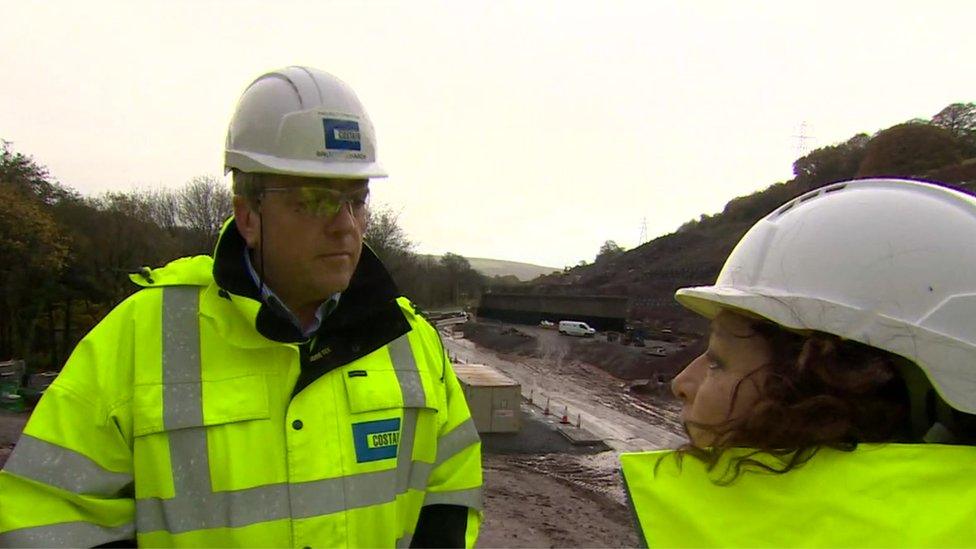
A £200m road building project in South Wales has created 180 jobs
In South Wales construction giant Costain is working on a £200m road project that involves building 16 structures, 12km (7.5 miles) of retaining walls and moving 2.5 million tonnes of soil and rocks.
Bruce Richards, who is managing the project, says that 70% of the contracts involved have been awarded to firms in South Wales, creating 180 jobs in the process.
"We believe the government understands the importance of investment in infrastructure. We hope in the Autumn Statement that way of thinking will continue," he says.

Northern Ireland - hopes for 'dramatic stimulus'

Northern Ireland's construction industry is only just recovering from the financial crisis
Northern Ireland was one of the regions hardest hit by the financial crisis, with around a third of all jobs in the construction industry lost after 2008.
"The construction sector in Northern Ireland was very dramatically hit by the recession. I'm pleased to say now that we're starting to see a more fragile recovery," says Ray Hutchinson, managing director of Gilbert Ash, a construction firm that is building a new Marriott Hotel in Belfast.
However, his company is focusing on the south-east of England where growth is stronger.
Mr Ash says that "a number" of projects have been paused as clients weigh up the implications of Brexit.
"We will be looking to the chancellor to increase spending on infrastructure," he says. "Certainly that could have a very dramatic economic stimulus on the entire economy in the UK."
- Published16 November 2016

- Published17 November 2016
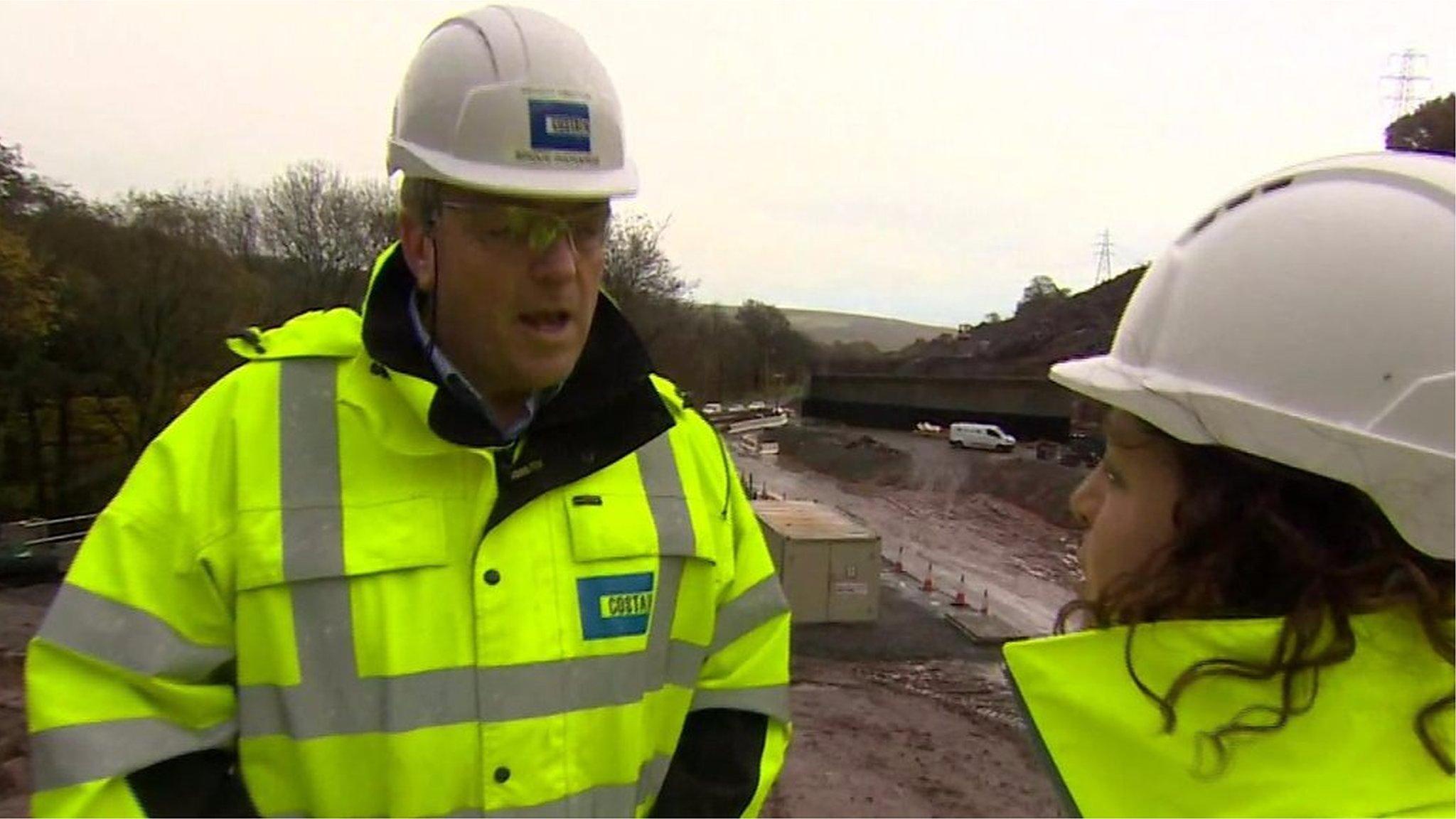
- Published16 November 2016
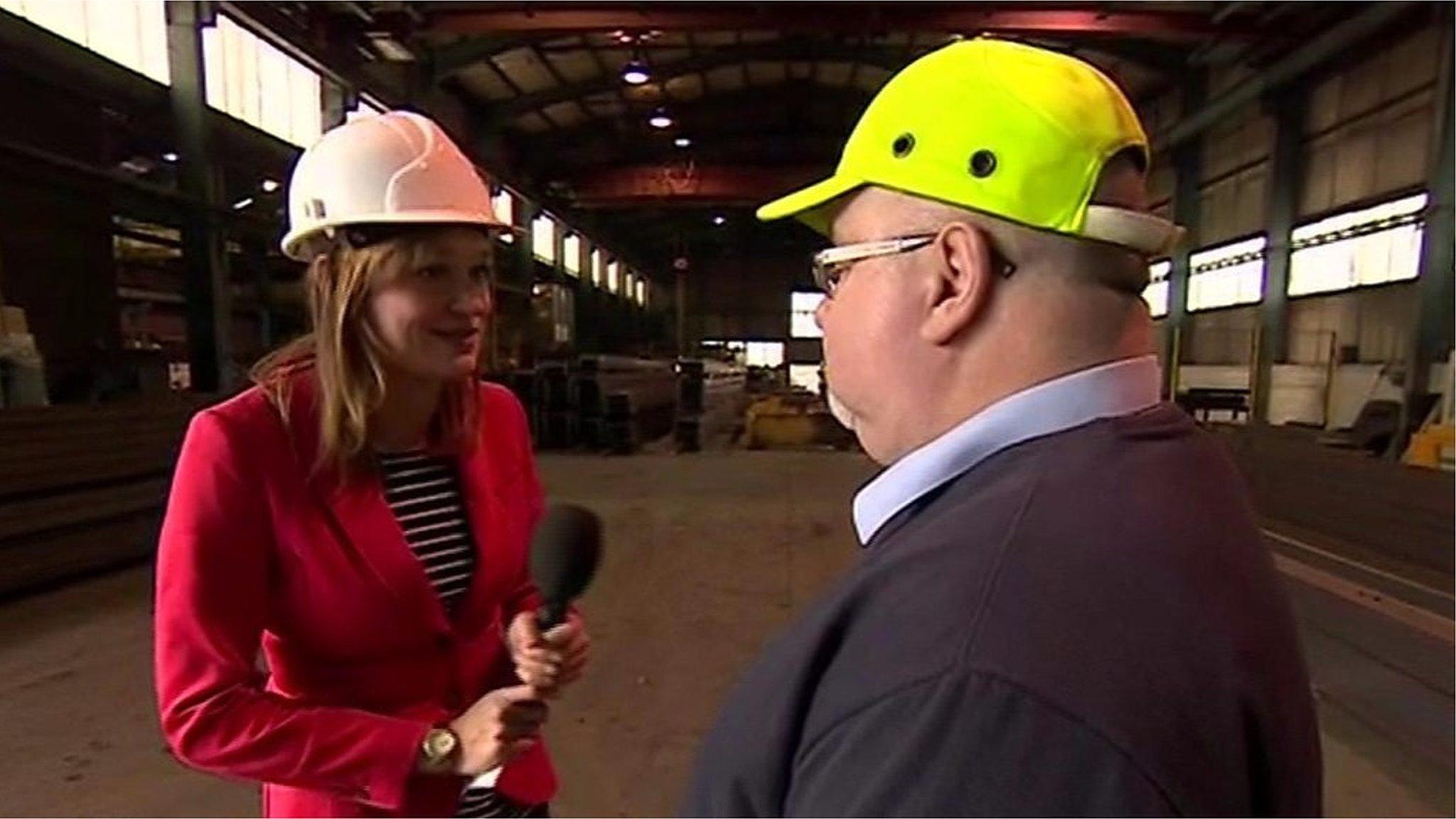
- Published15 November 2016
